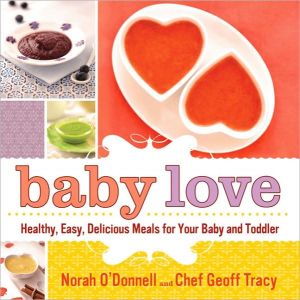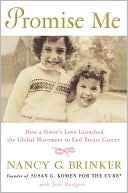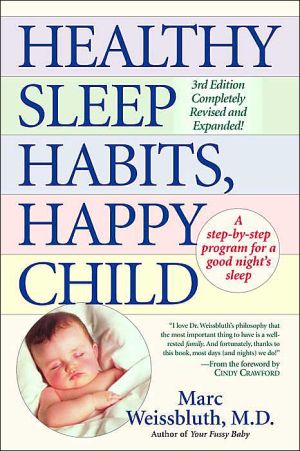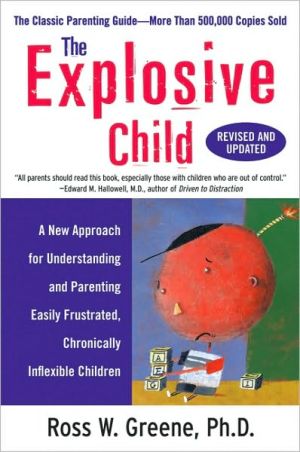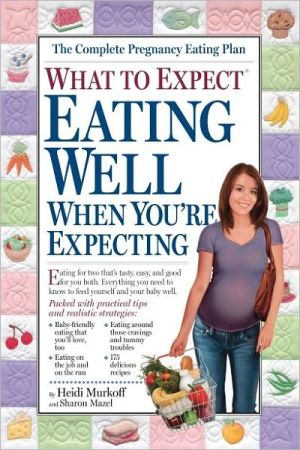Sex and Sensibility: The Thinking Parent's Guide to Talking Sense About Sex
With a rare directness and clarity about sex and reproduction, sexual values, and cultural influences on sexuality, Deborah Roffman challenges and teaches readers how to develop a blueprint for opening the lines of communication with children of all ages. Sex and Sensibility introduces the five core parenting skills that parents need to confidently interpret and comfortably respond to virtually any question a child might pose or any situation that arises. Powerfully instructive and thought...
Search in google:
A new paradigm for talking honestly about sex and sexuality with our children Los Angeles Times A wonderful book. It untangles the knotted ball of yarn that we have made of the subject [of sex]. It is also a clearheaded script for talking to your children about sex.
Preface: My Mother Always Wanted Me to Be a Sex Educator, and Other Myths Part 1 New Ways of Thinking and Talking Starting Over: We Can't Get There From Here Age Appropriateness: Too Much, Too Little, Or Just Right? What Is Sex, Really? Values: Becoming Your Child's Cultural Interpreter Sexuality: More Who We Are Than What We Do Gender: Girls Aren't from Venus, Boys Aren't from Mars Partnership: Families and Schools Working Together Part 2 Raising Sexually Healthy Children Sexual Health: Five Universal Needs Along the Way Affirmation: Seeing and Hearing Children as They Are Information Giving: Empowering Children Through Knowledge Values Clarification: Highlighting "Right" Thinking Limit Setting: Keeping Our Children Safe and Healthy Anticipatory Guidance: Making Ourselves Dispensable Sexual Orientation: Why and How It's Everyone's Business Notes
\ From Barnes & NobleOur Review\ My three-year-old knows there are certain words that are inappropriate for him to use, words like "stupid" and "idiot." Whenever he hears them, he is proud to proclaim, "That is not a nice word." The other day, however, he overheard a conversation about the sex of a baby and promptly informed the speaker that "sex" wasn't a nice word. Since we have certainly never discussed "sex" with him, we had to wonder where a three-year-old, without older siblings or playmates, picks up an idea like that! What should we, as parents, do about it? We wouldn't want our child to grow up thinking that sex was inherently bad, but isn't age three a little young for the birds and the bees? Deborah Roffman, a certified sexuality and family life educator, addresses this and countless other issues of pressing concern to parents who want to raise sexually healthy children. \ The book is built upon a set of six basic beliefs:\ \ Sexual knowledge is good for our children.\ Too little sexual knowledge too late should be our concern, not too much too soon.\ Sex means more than just intercourse.\ Values education is at the heart of sexual education.\ Sexuality means more than just sex.\ Parents and schools have a moral responsibility to educate children about sexuality.\ \ The author writes about each of these issues persuasively and with precision. As she does so, she emphasizes the practical steps parents can take and the simple conversations parents can have that will help steer our children toward healthy sexual development. \ Throughout the book, Roffman emphasizes the power language has to influence and mold our thinking, and she offers language to help readers rethink sexuality. For example, to use the word "sex" to mean only intercourse implies that the same responsibilities do not necessarily apply to the whole range of other sexual behavior -- a topic quite relevant even to presidential politics in the '90s. She points out that "sexuality" involves more than just a broad view of "sex" and includes health, values, intimacy, sensuality, gender, and development. Although the emphasis on exactly which words to use may seem trivial to some parents, the author's discussions of why particular words and phrases are unhelpful contain very practical information and advice for the parent or teacher struggling over what to say and how to say it.\ Despite the serious and potentially uncomfortable topic, Roffman uses an efficient, conversational tone that gets to the heart of the issues and takes time for a laugh or two. As she explains that she never set out to be in the field of sex education, she writes, "In one recurring nightmare, I run into an old boyfriend from college. When he learns what I do for a living, he can be heard laughing uncontrollably. They finally have to sedate him to get him to stop."\ This is not an encyclopedia of facts about sexuality -- the reader will not find out how long it takes to get a 100 percent accurate result from an HIV test. Instead, Sex and Sensibility attempts to help us reshape the ways in which we deal with our children, from toddlers to 20-year-olds, with respect to sex and sexuality. It offers ways to see, ways to listen, and ways to talk and behave so that our children learn how to make wise and happy choices about all things sexual.\ --Kate Montgomery\ \ \ \ \ \ Los Angeles TimesA wonderful book. It untangles the knotted ball of yarn that we have made of the subject [of sex]. It is also a clearheaded script for talking to your children about sex.\ \ \ Michael GurianA remarkably wise book. It offers a new way of thinking about sex and sexuality.\ \ \ \ \ From The CriticsI have mixed feelings about this book. It is a very thorough and thought-provoking book about sex education. The author, however, has very strong opinions about what children need to know. She is not an "abstinence only" sex educator, so parents will need to examine their own values and be open to Deborah Roffman's experience and information. She provides many insights and observations about children's perceptions, gained as a result of teaching sex education for many years. She tackles tough topics such as gender identification, AIDS, sexually-transmitted diseases, and teen pregnancy. I think parents who are very conservative will have some issues with Mrs. Roffman's approach, but other parents will find the directness and honesty helpful. 2001, Perseus Books, $26.00. Ages Adult. Reviewer: S. Latson SOURCE: Parent Council Volume 8\ \ \ \ \ Library JournalThis highly intellectual primer will appeal to parents who want to know the theoretical as well as the practical "whys" and "hows" of talking to children about sex. Roffman, a certified sex educator for 30 years, addresses definitions of sex and discusses age appropriateness and values, "doing" vs. "being," gender, and family/school partnerships, relating them to young people's needs for affirmation, information, values, limits, and guidance. Her insights and tips are outstanding, e.g., when she discusses dealing with sex in the media and forming alliances with other parents. How to listen and how to present viewpoints to spark dialog, not conflict, are also well handled. Yet the intellectualism and writing style that will appeal to college-educated and "idea"-type parents make Roffman's message inaccessible to readers more accustomed to sound bites and the simple prose of consumer magazines. Also, more and longer examples of parent-child dialogs would have improved this guide's usefulness. Highly recommended, but also suggest Mary Calderone and James Ramey's still-valuable Talking with Your Child About Sex (o.p.), which is over half sample dialogs. Martha Cornog, Philadelphia Copyright 2001 Cahners Business Information.\ \


